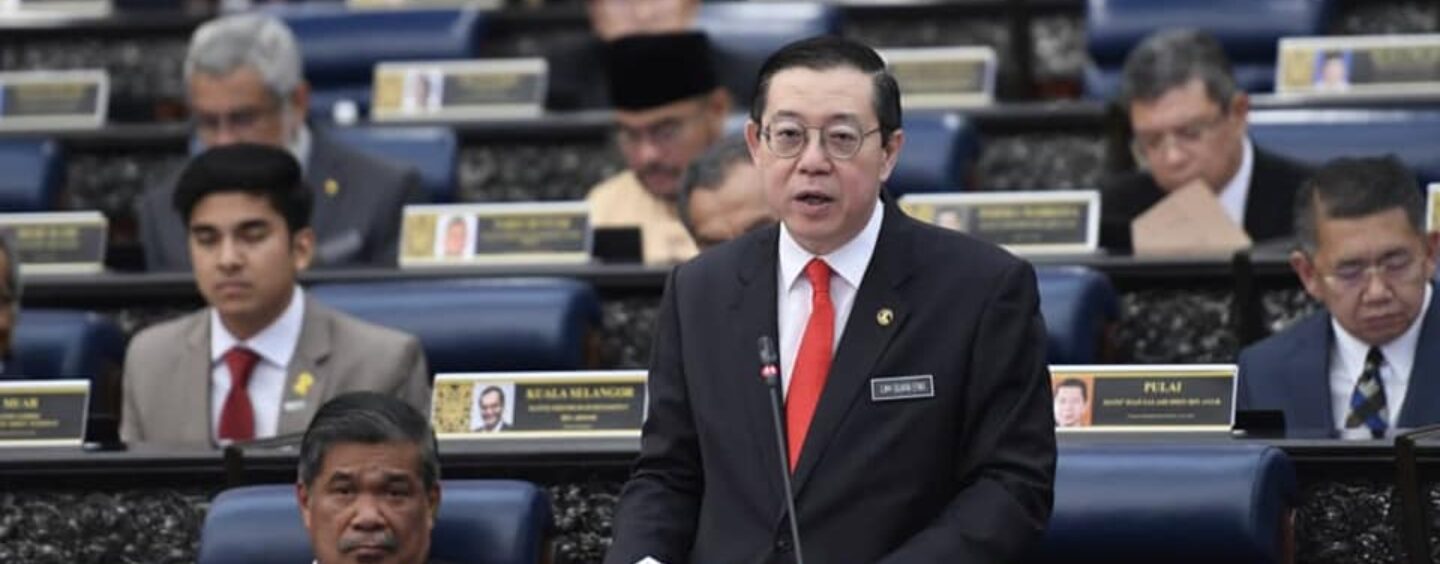Malaysia’s Budget 2020 was tabled last Friday, charting the economic direction of the nation. Broadly speaking, there were some hits and misses but many agree that there was there is a bigger focus of building a digital economy.
Surina Shukri, the CEO of MDEC, the lead agency for driving Malaysia’s digital economy noted in a media statement that the Budget 2020 marks an inflection point in the Government’s steering of the Digital Economy.
Of course, no digital economic agenda would be complete if it did not have fintech as its backbone to power its commerce. Which is why it made sense that this year’s budget announcement had more focus on fintech compared to the previous years.
Many in the public sphere gravitated towards the announcement that the Malaysian government is attempting to boost the use of e-wallets by offering a one time RM 30 stimulus to Malaysians above the age of 18 earning less than RM 100,000.

Commenting on the stimulus, Boost’s CEO Khairil Abdullah said,
” The Government’s e-wallet stimulus initiative will also greatly drive the adoption of e-wallets as an exceedingly convenient method of payment for consumers. Importantly, it can also be viewed as a form of endorsement of the technology used which is safe and very secure for financial transactions.”
Besides the e-wallet stimulus, there were of course, other fintech related announcements that got many in the industry excited, chief among them was the timeline announcement for the virtual banking framework. It is a much-anticipated piece of regulation that will pave the way for a new breed of banks in Malaysia.
Finance Minister Lim Guan Eng said that the virtual banking framework will be ready for public consultation by end of this year and applications will be open by the first half of 2020.
The new budget also seems to illustrate that the administration is receptive towards alternative financing like Equity Crowdfunding (ECF) and P2P Financing.
It is confirmed that the government will allocate an additional RM 50 million to the My Co-Investment Fund (MyCIF) and separate RM 10 Million will be allocated to the same fund specifically for social enterprises fundraising via P2P Financing platforms. Industry players like Angelld Quah who is the CEO AlixCO P2P Financing are in favour of the announcement
 In a statement to Fintech News Malaysia she said,
In a statement to Fintech News Malaysia she said,
“It is a great initiative to boost the alternative financing industry and Malaysia as a whole. This is the second time that the government has allocated RM 50 million to co-invest at a 1 to 4 ratio for ECF and P2P Financing Platforms.
This practical support will not only help to fund creditworthy SMEs but also bring awareness to the public about ECF and P2P Financing — a much need platform to help SMEs grow”
The government has also announced that it will be formulating an Islamic Economic Blueprint and that it will be setting up a Special Islamic Finance Committee to position Malaysia as a centre of excellence for Islamic Finance.
While it is not specifically targetted a fintech we anticipate that those who are operating within the Islamic fintech space will also likely benefit from the new policies.
All in all, we are pleased to see the government increasingly recognising the important role that fintech plays in society and we look forward to more fintech friendly policies from the government of the day.
Featured Image Credit: Kementerian Kewangan Malaysia.








